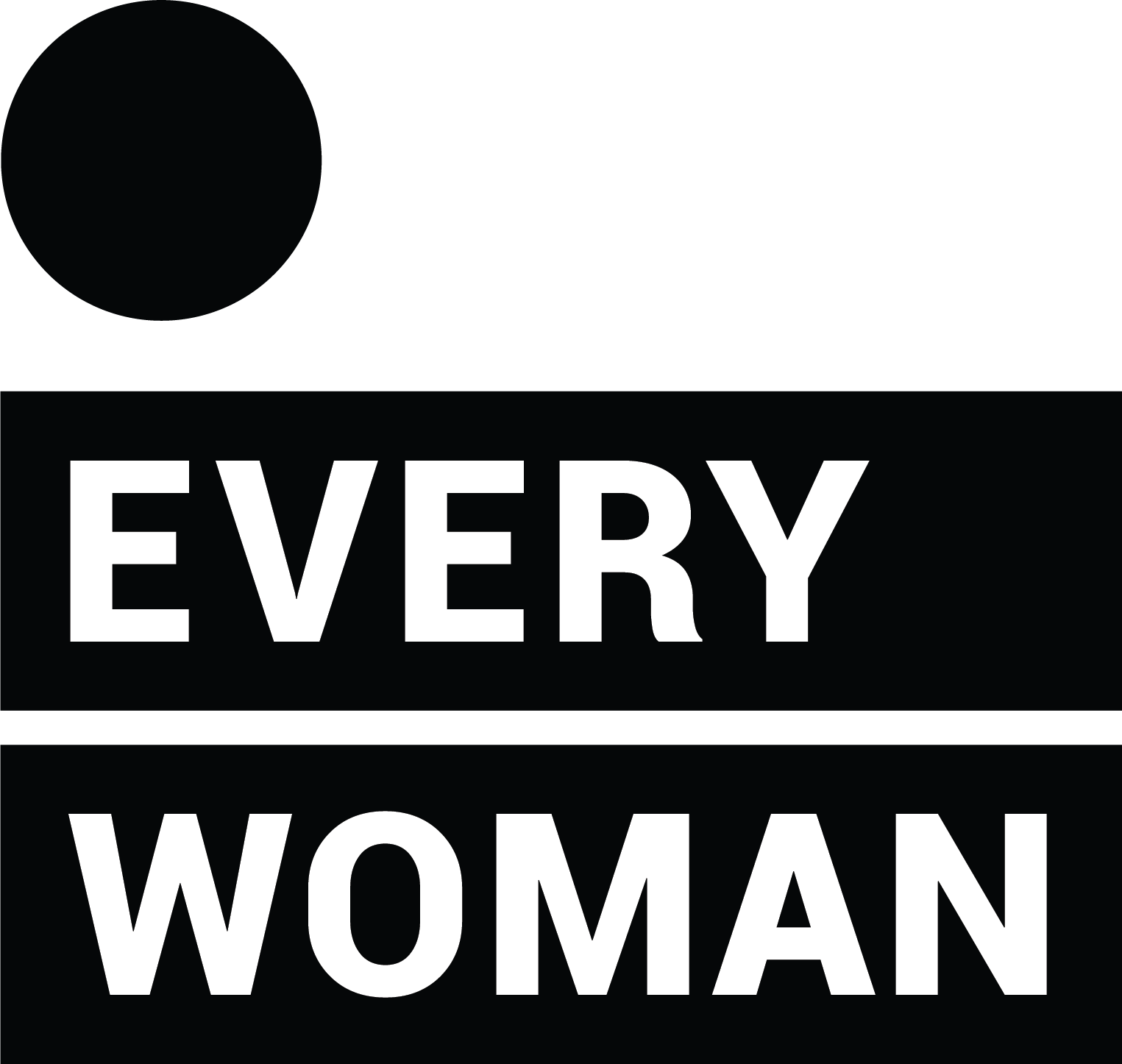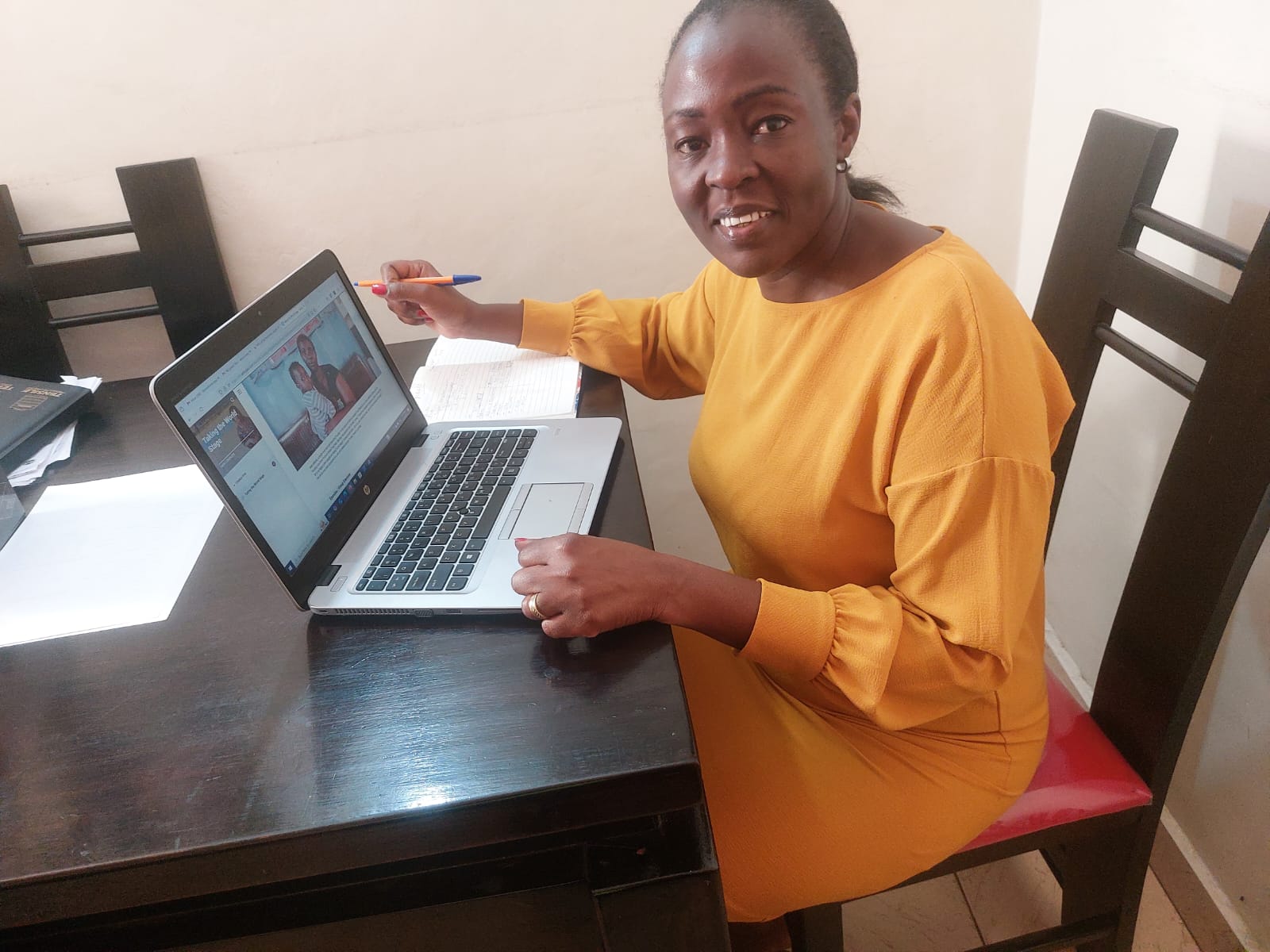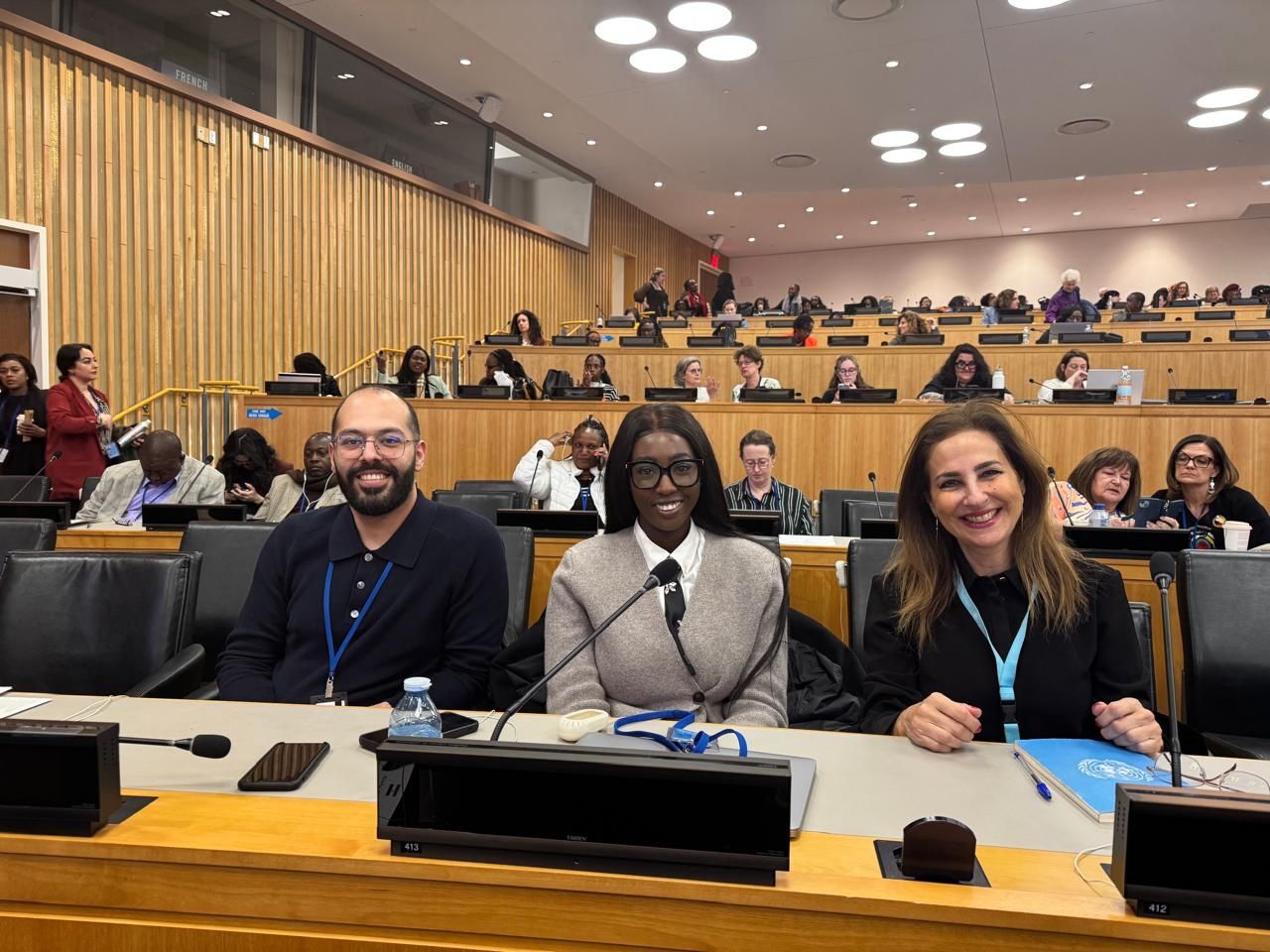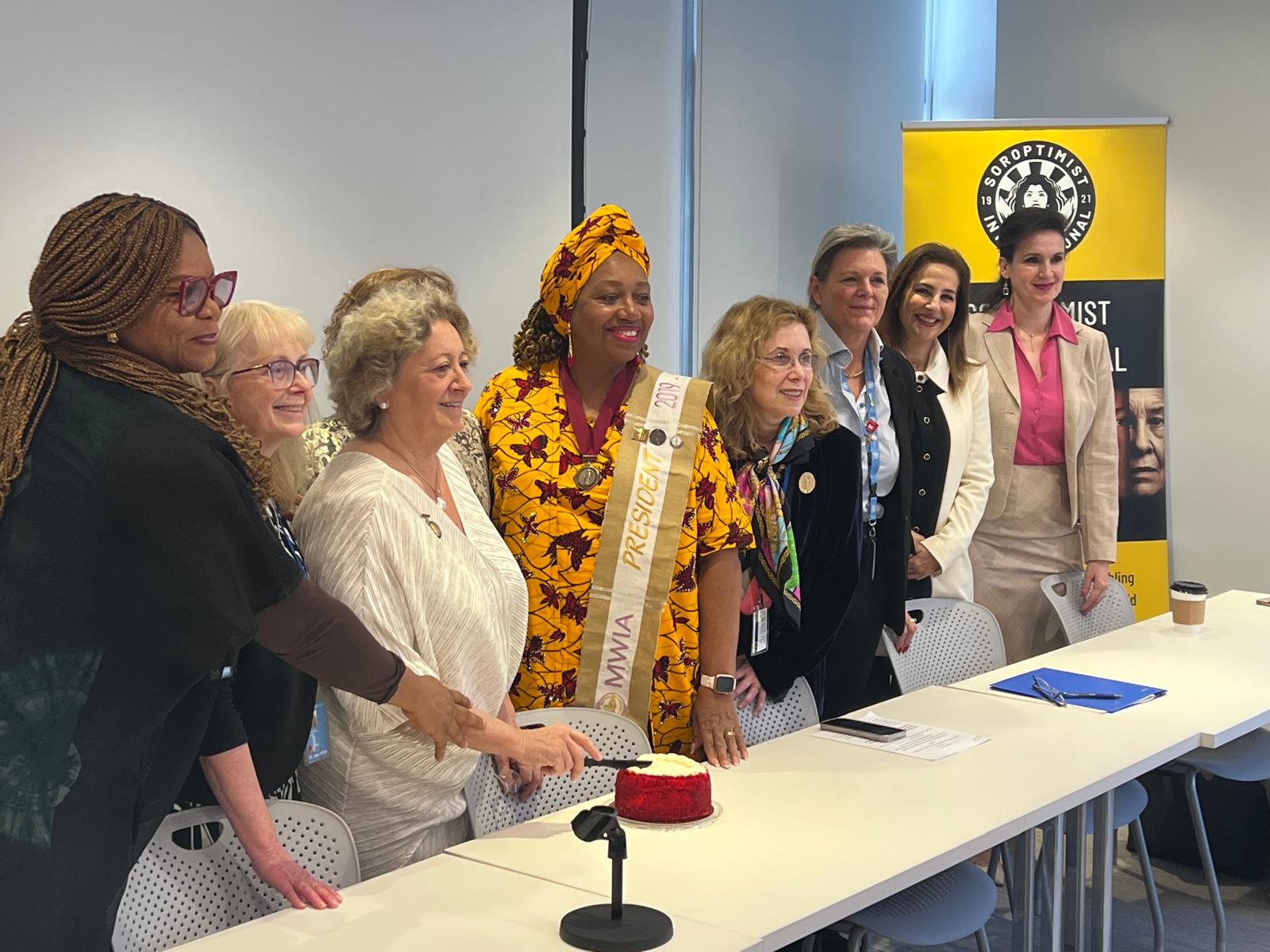During the recent Conference of State Parties to the UN Convention Against Transnational Organized Crime at the United Nations in Vienna, Every Woman was a keynote speaker at the side event hosted by Zonta International and co-sponsored by the Permanent Mission of Costa Rica to the United Nations in Vienna on preventing the use of firearms in gender-based violence.
The event underscored how international agreements like the UN Convention Against Transnational Organized Crime and its Firearms Protocol can work together with CEDAW and a new Optional Protocol to CEDAW dedicated to ending violence against women and girls to close legal gaps and strengthen protections.
Mrs. Simonetta Grassi, the Chief of Firearms Trafficking Section (FTS) at the UN Office on Drugs & Crime (UNODC) stated the firearms can increase any form of violence, but particularly violence against women and girls and that a new optional protocol CEDAW can be “a bridge” between the issue of gender-based violence and specialized instruments such as the treaty on organized crime and “a very positive step forward.”
It was also noted that global data on the link between firearms and violence against women and girls is “underreported” and “underestimated.”
The UN Convention against Transnational Organized Crime (UNCTOC) is the first global legally binding instrument that combats transnational organized crime in all its forms. Its three optional protocols — in human trafficking, smuggling of migrants, and arms trafficking — have significantly strengthened the convention by providing targeted frameworks that enhance the treaty’s effectiveness.
Like UNCOTC’s protocols, a new Optional Protocol to CEDAW to end violence against women and girls would strengthen CEDAW’s framework as the definitive women’s rights treaty covering all forms of discrimination by incorporating all forms of violence against women and girls.
In the overlapping thematic areas of human trafficking, exploitation, violence and illegal firearms, the UNTOC and its protocols and CEDAW and its protocols would reinforce the other. Heavier restrictions on firearms would mean fewer women are murdered with a gun.
A new Optional Protocol to CEDAW would complement the UNTOC by specifically targeting violence against women and girls, which intersects with transnational crimes like human trafficking and exploitation.
While UNTOC addresses these crimes at an international level, a dedicated Optional Protocol under CEDAW would provide a focused, gender-sensitive framework to ensure that women’s rights are protected within these contexts.
Together, a new Optional Protocol to CEDAW and UNTOC would strengthen global efforts to combat organized crime and gender-based violence.

Special thanks to Zonta International and the Permanent Mission of Costa Rica at the United Nations in Vienna for co-hosting and the International Association of Democratic Lawyers (IADL), KENNIS, Graduate Women International, Soroptimist International, Vienna NGO Committee on CSW, NGO Committee on CSD, The Alliance of NGOs on Crime Prevention and Criminal Justice for their attendance and crucial contributions to this conversation.
Watch the full session here:




